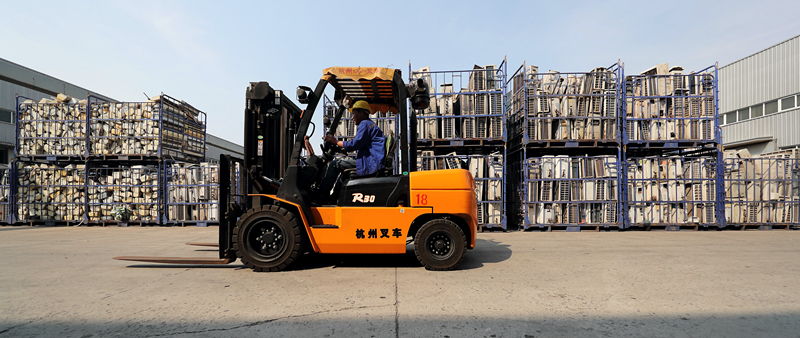E-waste recycling troubles pile up


Under the pilot program, 109 companies were licensed to handle five types of e-waste: refrigerators, TVs, washing machines, air conditioners and computers. For each item, they receive up to 130 yuan from a government fund. Manufacturers of these products hand between 7 and 13 yuan to the fund for each unit they produce.
The 109 companies have a combined annual capacity of 150 million items of e-waste. However, delayed payments have forced many of the factories to reduce their operations because of financial difficulties, insiders said.
In September, the China Resources Recycling Association wrote to the Ministry of Finance and the Ministry of Ecology and Environment, who jointly control the fund, warning that one-third of the companies in the pilot program had stopped operating and another one-third were in danger of going bust.
In its letter, the association urged the ministries to immediately pay money owed to the recycling companies.
Yu Keli, secretary-general of the electronic products division of the China National Resources Recycling Association, said cutbacks meant that 78 million e-waste items were processed in 2017, and the figure is expected to have fallen further last year.
He said some businesses are operating at only 20 percent of capacity, the minimum required to qualify for subsidies.
Payments were delayed mainly because much of the old e-waste was taken in by the 109 companies along with newly abandoned items, resulting in them handling an amount beyond expectations, and a shortage of funding to subsidize this, Yu said.
Despite the problems, the system has won widespread recognition, but the government needs to take some measures to improve it, for example, to adjust the subsidies paid for different products based on the size of the funding pool, Yu added.
Wang Chunlin, general manager of TCL-AOBO Environmental Protection and Development Co, one of the 109 companies, said his business has not received a subsidy since 2015.
He echoed Yu in saying that a large stockpile is one of the factors to blame for the situation. The system has only been in place for a short time, and the problems will be addressed in the long term, he said.
Established in Tianjin with investment of 300 million yuan, Wang's company dismantles about 2 million e-waste items annually.



































